

With every business comes major liability. You’re accountable for so many things — each employee, your products, every agreement, even customers. From small business liability insurance to corporate liability coverage, business liability insurance can run the gamut, and we’re here to help you navigate the many options to better protect your business from financial hardship.


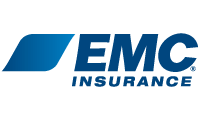
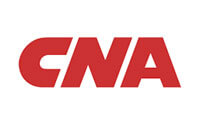
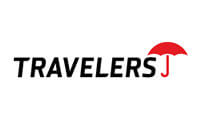

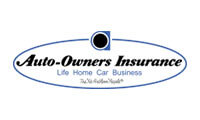
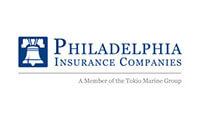

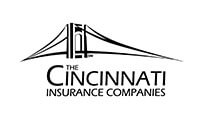
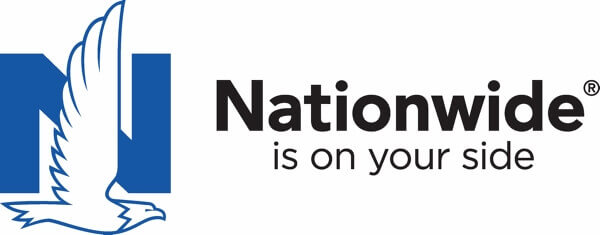

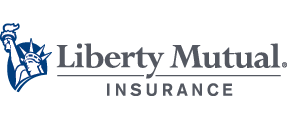
Commercial General Liability Insurance (CGL) policies are extremely broad in nature. This type of liability insures the bodily injury liability and property damage liability exposures for a variety of commercial businesses, enterprises and ventures. The broad nature of these forms eliminates having to select and group individual or specific hazards with the resulting potential gaps in coverage.
These policies can be offered on an occurrence or a claims-made basis, as well as a monoline policy or a commercial package policy. The CGL coverage forms include these basic exposures of the named insured:
Each of these coverages is subject to certain policy definitions, exclusions and limitations.
A commercial Umbrella Liability Policy, increasingly referred to as an excess policy, can provide an additional layer of business liability insurance protection to handle major losses. In past, only large business entities utilized this coverage, but today, different circumstances exists. Liability claims and court decisions involving millions of dollars are becoming increasingly common, and any business can be found legally responsible for this type of judgment.
In short, umbrella liability could be the difference between bankruptcy and an on-going business venture, shielding your business from catastrophic claims. Contact us to discuss this valuable form of liability coverage. It could help preserve your business.
Hiring and firing practices have become legal minefields, which spurred the development of Employment Practices Liability Insurance (EPLI). It’s important businesses have clear, consistent policies that directly relate to their job. Do you know what type of decisions could trigger a claim? For example, is it legal to terminate:
If you think the answer is a resounding “yes,” you may be walking into a legal minefield. Your actions should depend upon circumstances, like whether the employee's duties involve driving a company vehicle or interacting with customers. It’s important to determine if the company can prove that such behavior fails to meet the applicable job standards
he second step is exploring your EPLI options. While this type of liability insurance isn’t for everyone, we can help you determine if it’s right for your business. Policies and premiums for this type of coverage vary tremendously among insurers, and many insurers offer assistance in writing company policy manuals to reduce the potential for claims involving sexual harassment, wrongful termination or discrimination. No business is immune from these claims.
Doctors, lawyers and accountants, have long been held accountable for their decisions, and while these professions are still considered the “Big Three,” there are a growing number of other occupations that represent an exposure to liability loss that needs special protection, including pharmacists, architects, engineers, opticians, beauticians, insurance agents, consultants, and many others.
In most instances, a type of coverage called a commercial general liability policy will protect a business against the damage or injury their actions may cause to others. However, this type policy is designed to handle routine, fairly generic, and low-risk activities. Examples are customers who cut their hands on a sharp edge of an office's reception desk or a customer who is hurt when she collides with a clerk who is stocking a shelf. Much more is at stake with professional activities.